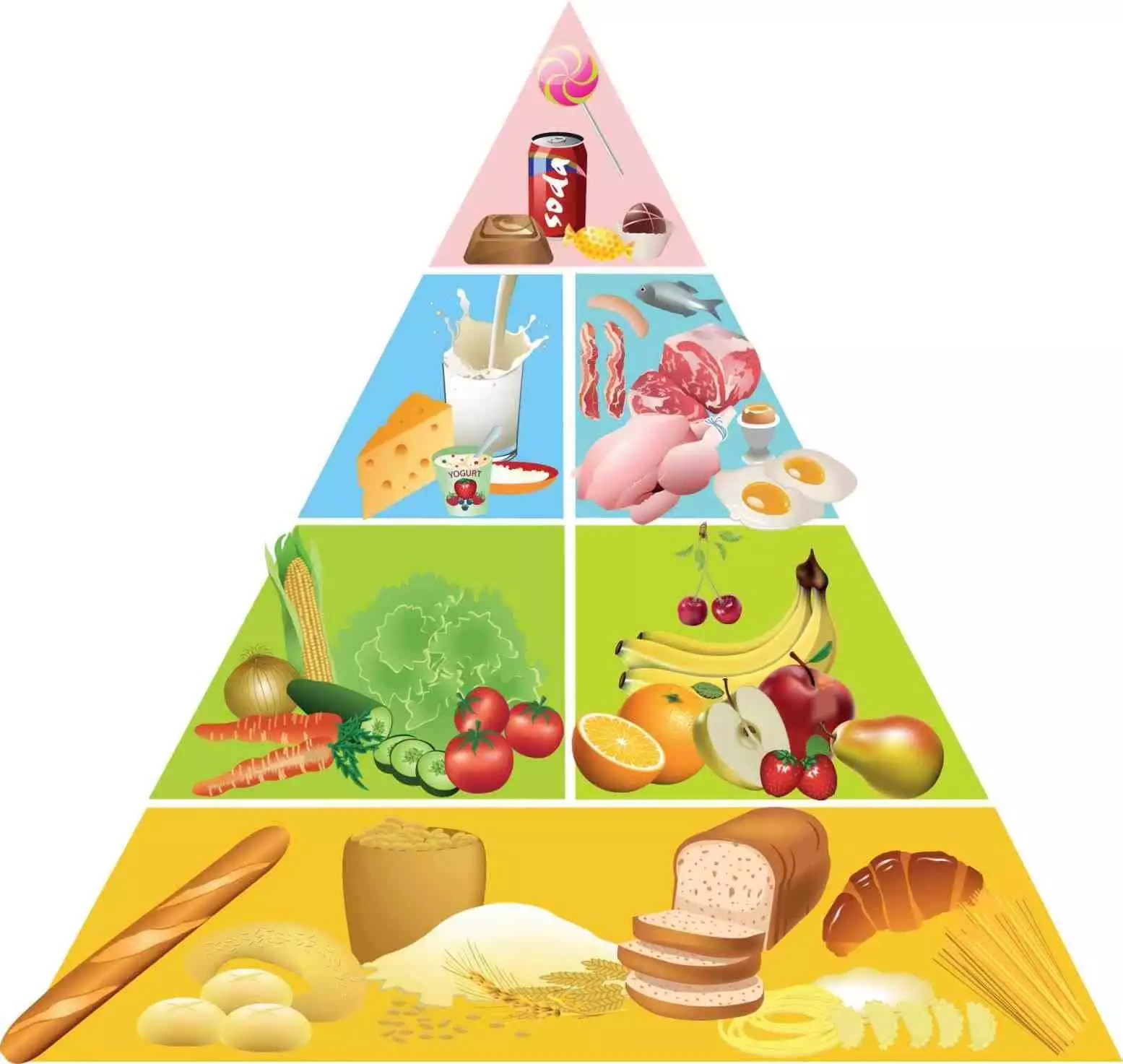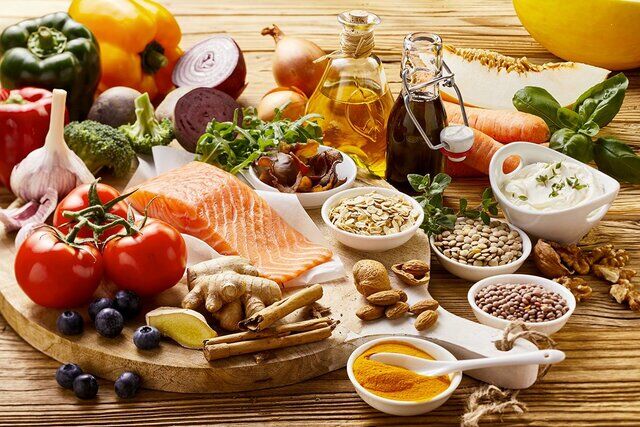The link between nutrition and skin cancer is a hot topic in health research. A healthy, balanced diet can play a major role in reducing the risk of skin cancer. New research has shown that certain foods and compounds may prevent the development or spread of cancer cells, or inhibit their growth.
Anti-inflammatory foods and their effects
Chronic inflammation is a major factor in the development of many types of cancer, including skin cancer. A diet rich in fresh fruits and vegetables, whole grains, and healthy proteins can help protect the body by reducing inflammation. Foods like citrus fruits (rich in vitamin C), tomatoes (rich in lycopene), and leafy greens play a key role in this process. Green tea is also beneficial for reducing cellular damage due to its powerful antioxidant properties.

The role of vitamins and minerals
Studies show that vitamin D, especially in supplement form, can reduce the risk of death from cancer. Vitamin E and beta-carotene also have protective effects. Conversely, excessive intake of some minerals, such as selenium and zinc, may have adverse effects and should be used with caution.
The impact of processed foods and red meat
Processed foods and processed meats, such as sausages and hot dogs, can increase the risk of cancer due to their preservatives and chronic inflammation. It is recommended to reduce their intake and replace them with healthy protein sources, such as fish and legumes.

Consumption of foods containing melanin and melanoma treatment
Advanced research has explored the use of compounds such as tyrosine to stimulate melanin production, particularly in the treatment of melanoma (a type of skin cancer). These compounds can affect cancer metabolic pathways and help control the growth of melanoma cells.
Healthy lifestyle and prevention
In addition to nutrition, habits such as regular physical activity, avoiding alcohol and smoking, and using sunscreen are essential to reduce the risk of skin cancer. Also, home cooking using healthy, unprocessed foods is one of the best ways to improve the quality of your diet.
Conclusion
A healthy diet plays a key role in reducing the risk of skin cancer. A diet rich in natural, minimally processed foods, combined with adequate vitamin intake and physical activity, can significantly reduce the risk of developing this disease.


